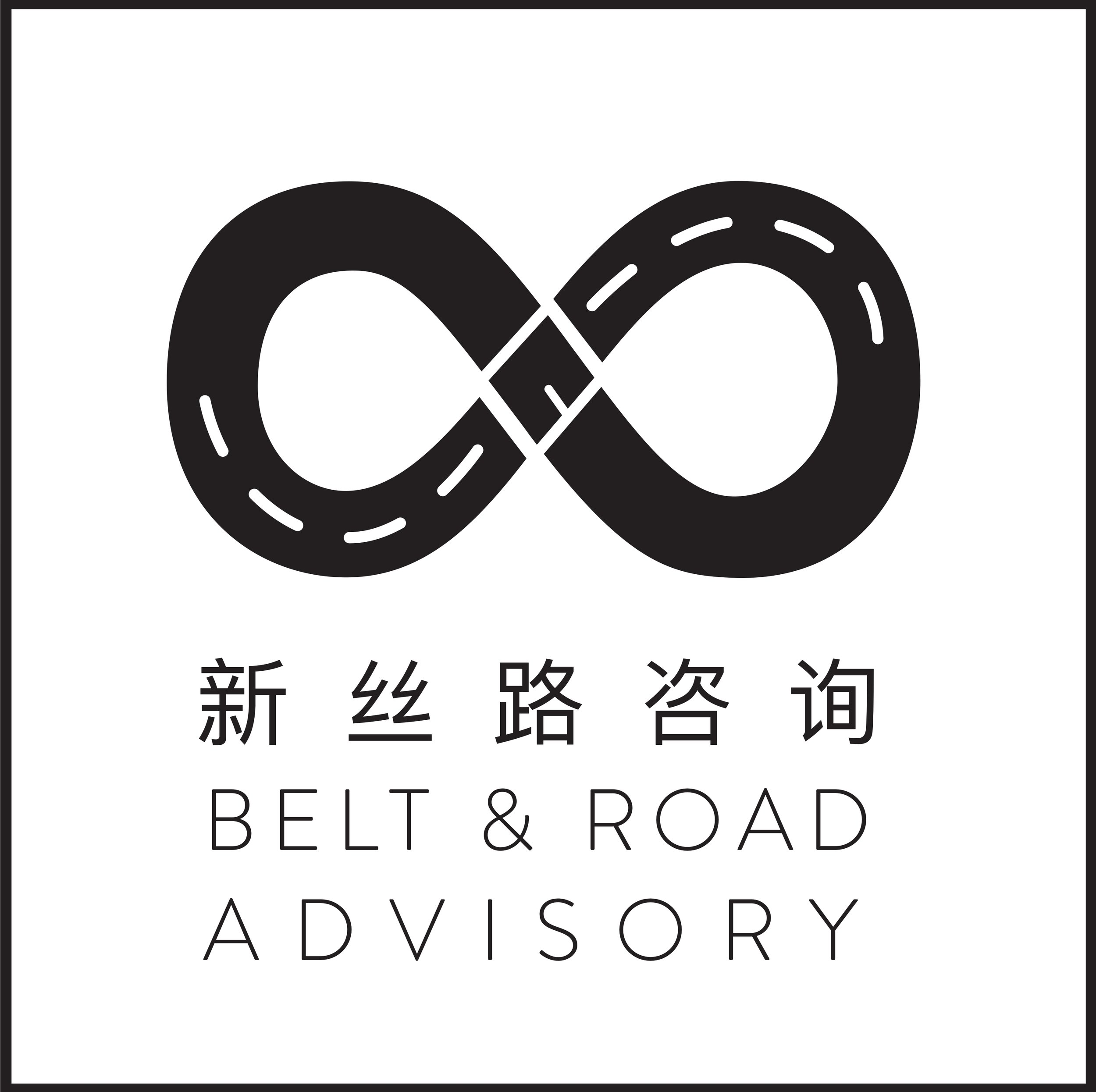Belt and Road Interview Series: Professor Martin Jacques
Beltandroad.blog had the pleasure to interview Professor Martin Jacques; British journalist, academic, China-specialist, and author of the bestseller “When China Rules the World”. Below are the highlights from our discussion.
Thank you for accepting our invitation. Let us get right to the topic. In your words, how would you describe the Belt and Road Initiative?
Martin Jacques: The Belt and Road Initiative (BRI) is not a plan, but instead a vision. It is a vision for better connectivity, improved economic development, peace and stability. The scope is huge, with BRI encompassing 65% of the world’s population. The BRI is often compared to the United States’ Marshall Aid, yet in today’s prices Marshall Aid only amounts to $130 billion. With over 900 projects completed and close to a trillion spent, the BRI is clearly something on a hugely bigger scale with much longer time horizons.
The initiative does not have clear constraints, but is open-ended and remains in a state of continuous flux. An example of this is the recent involvement of Africa in the initiative. We should also bear in mind that many of the investments made under the banner of BRI pre-date the usage of the term itself. In this sense, the BRI cements and accelerates a process that has been ongoing since the inception of the ‘Go Outwards’ policy in 1999. It is important, in this context, to understand that the BRI is not an attempt to export the Chinese model of development. China has always been allergic to such thinking, recognising that it is in so many respects unique. That said, it believes that the reform period offers pointers to other countries, that its experience is relevant for other developing countries, notably the pivotal importance of economic growth, large-scale investment, especially in infrastructure, the central role of the state, and also the need for a pragmatic approach rooted in the specific conditions of each country.
While the BRI has both a land and a maritime component, early signs suggest that the land route will be prioritized. Historically, China never really saw itself as a maritime nation and that to some extent finds reflection in the BRI, though China will inevitably and necessarily also become a maritime power.
As you mentioned, the initiative is unprecedented in terms of the size of investments. Do you think the initiative will, therefore, be a success?
Martin Jacques: I expect the BRI to have a huge impact over time and help to transform much of the developing world. Remember, we are not talking of a few years, or even a decade, but certainly decades and probably fifty years or longer. Probably the biggest danger is over-reach: that China takes on more than it can handle or support. It is worth bearing in mind that both the UK and the US have been victims of over-reach when, at the height of their powers, hubris persuaded them that they could do seemingly anything. The BRI is bound to face opposition of varied kinds in a variety of countries, as we have seen in Myanmar and Sri Lanka: this is inevitable. China will need to be very sensitive to such opposition and demonstrate a capacity to learn from such experiences. Notwithstanding such problems, I am confident that BRI that will be a huge success.
Of course, success itself is a subjective term and will vary from country to country. There is clearly a geopolitical element, as well as an economic element, to the initiative. Where the reason for engagement is more geopolitical than economic, for example in Pakistan, we can expect economic difficulties surrounding some of the projects. Balancing these sometimes conflicting objectives will be a challenge; yet not an insurmountable one.
I think another key gauge of success will be to what extent stakeholders in other countries participate in the initiative – for example, if non-Chinese investors show an appetite to participate and co-finance BRI projects, then the pools of available financing will be much greater and the capabilities of the BRI much larger. Turkey has developed its own economic corridor, but wants to classify it under the BRI.
You referred to the expansionist experiences of the United States and Britain – both of them had a major impact on the international order and international society. How do you think the BRI will affect global governance?
Martin Jacques: BRI is bound to have a huge impact on governance across the Eurasian land mass. So far this has barely been discussed. The great problem in the world – and here I mean, above all, the developing world where 85% of the world’s population live, is what I would call a governance deficit. BRI will lead to many new forms of governance, both bilateral and multilateral, at both a national and regional level. I cannot think of another country that is better equipped to address such questions as China. New China-led institutions, such as the AIIB, are indispensable additions to the institutional landscape, but this is only the beginning. We should expect the institutional landscape to look very different – and far denser and richer – over the next twenty years. If the BRI is the success I expect it to be, it will over time transform the nature of the nation-state across the Eurasian land mass.
Thank you for sharing your insights with us.
To learn more about Professor Jacques activities and publications click here.
Photo credits: martinjacques.com
The Belt and Road Interview Series run by Beltandroad.blog is a project aimed at introducing perspectives and insights of top experts and professionals involved in research on the Belt and Road Initiative.

